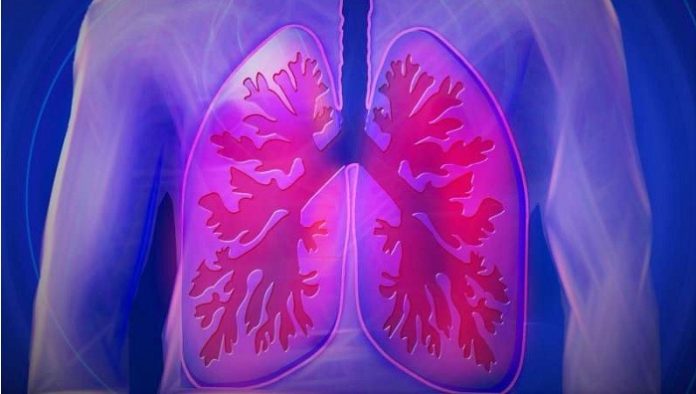The research team from the Department of Materials Science and Engineering at Pohang University of Science and Technology (POSTECH), in collaboration with the Infectious Diseases Therapeutic Research Center of the Korea Research Institute of Chemical Technology (KRICT), has successfully created artificial lungs. These artificial lungs are designed to study infections and test drugs for respiratory diseases including COVID-19.
On average, developing a new drug takes 10 to 15 years and costs over 1 trillion won. This lengthy and expensive process is largely due to existing research platforms, such as 2D cell cultures and animal experiments, which fail to accurately replicate the in vivo environment. To reduce development time and costs and to increase the success rate, models that closely mimic the human body are essential.
The “3D artificial lung” created by the researchers consists of three layers—vascular endothelium, extracellular matrix, and epithelium— just like the human respiratory tract. This model closely resembles the structure and function of the human lung including cell-cell junctions and mucus secretion. It also contains high levels of proteins (ACE2, TMPRSS2) that serve as entry points for the COVID-19 virus at the epithelial layer, making it susceptible to infection even at very low doses.
“This research will not only dramatically shorten the drug development process but also aid in developing therapeutic drugs for COVID-19 and other respiratory diseases”, said the researchers.



















